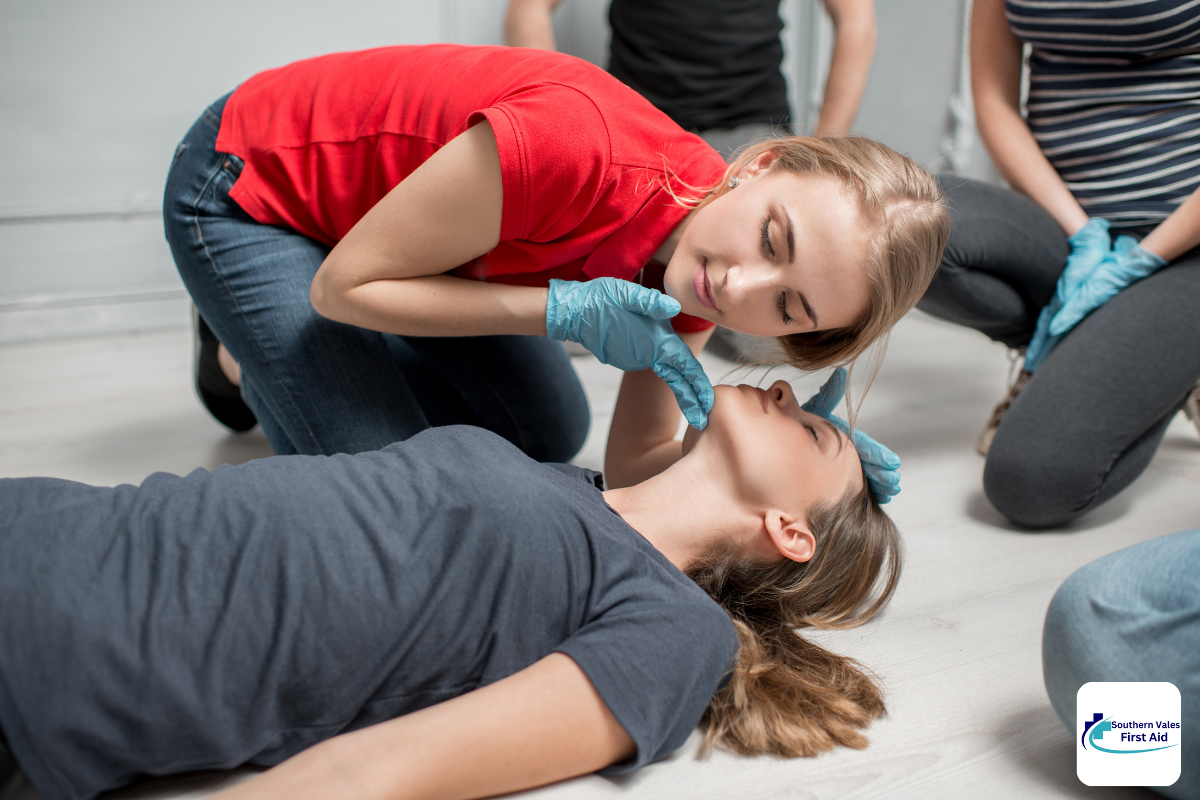Completing a first aid course is a valuable investment in personal and community safety. Here are ten compelling reasons to undertake such training:
- Save Lives: The ability to administer first aid can be crucial in saving lives during emergencies. Immediate response to injuries or medical conditions can prevent situations from worsening.
- Reduce Recovery Time: Proper first aid can help to stabilize a patient until professional medical help arrives, potentially speeding up recovery and reducing the severity of the injury.
- Prevent Situations from Deteriorating: First aid knowledge enables you to address minor injuries before they become major issues, helping to keep the situation under control.
- Increase Safety Awareness: First aid training often includes information on how to prevent accidents and injuries, promoting a safer environment at home, work, and in the community.
- Boost Confidence: Knowing how to respond in emergencies increases confidence, reducing panic and fear when faced with an actual situation.
- Promote Workplace Safety: Many workplaces require first aid-trained staff to comply with health and safety regulations, making trained employees valuable assets.
- Community Resilience: Widespread first aid knowledge within a community enhances overall resilience, ensuring that help is available quickly in various emergency scenarios.
- Assist in Remote Areas: In situations where professional medical help is not immediately available, such as in rural or remote areas, first aid training becomes particularly critical.
- Support Family and Friends: First aid training equips you with the skills to help your loved ones during medical emergencies, from minor injuries to more serious health issues.
- Personal Empowerment: Learning first aid empowers individuals by giving them the skills to take control in emergency situations, providing a sense of responsibility and preparedness.
Overall, completing a first aid course provides practical, life-saving skills that are beneficial in numerous aspects of everyday life, enhancing both individual and community well-being.
